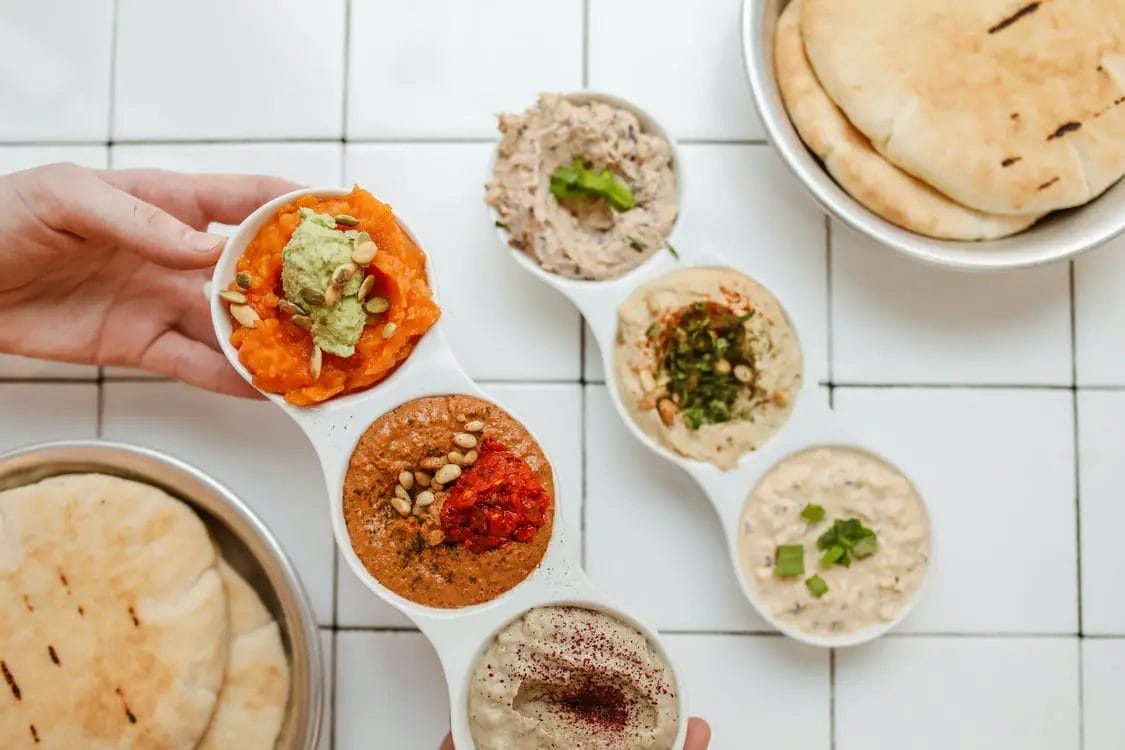It’s no secret that different cultures have different customs and etiquette. While some of these differences may seem small or even insignificant, they can impact our daily lives – especially regarding food.
When you sit down to enjoy a meal with someone from another culture, it’s important to be aware of the etiquette rules they may expect you to follow.
Here are some of the unique kitchen etiquettes from around the world:
1. In Korea, It’s Considered Rude to Leave Food on Your Plate
Koreans are known for their love of food, and they are also known for their impeccable table manners. One important etiquette rule in Korea is never to leave food on your plate.
It is considered rude to do so, and it shows a lack of appreciation for the meal that has been prepared.
Of course, there are always exceptions to the rule. If you are full or don’t like something on your plate, it’s perfectly acceptable to leave it behind. But in general, Koreans try to finish everything on their plate out of respect for the cook.
So next time you’re in Korea, mind your manners and clean your plate! It’s the polite thing to do.
2. In France, it’s Impolite to Put Your Elbows on The Table
In France, putting your elbows on the table is considered impolite. This is because it’s seen as a way of taking up too much space and being disrespectful to others.
If you’re dining with friends or family, it’s best to keep your elbows off the table and refrain from slouching. Instead, sit up straight and enjoy the meal!
If you’re at a formal dinner party, it’s even more important to mind your manners. Elbows off the table, please!
3. Eating Pasta With a Fork is Considered Bad Luck in Italy
If planning a trip to Italy, you might want to brush up on your table manners. Eating pasta with a fork is considered bad luck in the country and could result in some serious side-eye from locals.
The superstition dates back to the 19th century when Italians struggled to gain acceptance in polite society.
Pasta was seen as peasant food, and forks were considered too “low-class” for formal dining. So when Italians started using forks to eat their pasta, it was seen as an act of defiance against the upper class.
Most Italians have embraced the fork, but some old-school purists still believe that eating pasta with anything other than your hands is a cardinal sin. So if you want to avoid offending any locals, it’s best to stick to the traditional way of eating pasta: with your hands.
Bon appetite!

4. In Japan, It’s Considered Rude to Slurp Your Soup
It’s considered rude to slurp your soup in Japan. This is because the noise created by slurping can be disruptive to others and is often seen as a sign of disrespect. Sometimes, slurping soup may even be considered an act of aggression.
So, if you’re planning on visiting Japan, mind your manners and avoid slurping your soup! Otherwise, you may end up offending your host or fellow diners.
5. In China, It’s Impolite To Pour Your Tea
When it comes to tea, the Chinese take their etiquette very seriously. One of the most important rules is never to pour your tea. It’s considered impolite to do so and seen as a sign of disrespect. Instead, it would help if you always let someone else pour your tea for you.
This rule is especially important when pouring tea for elders or those of a higher status than you. If you’re pouring tea for someone older than you, make sure to use two hands.
If you’re pouring tea for someone of a higher status, make sure to pour the tea with both hands and hold the teapot in your right hand.
Pouring tea is seen as an act of generosity in Chinese culture, so it’s important to pour the tea for others before you pour it for yourself.
When pouring tea for someone, make sure to fill their cup to the top. It’s considered bad manners to leave someone’s cup half-empty.
So, the next time you sit down to enjoy a meal with someone from another culture, keep these etiquette rules in mind!
The Bottom Line
In conclusion, unique kitchen etiquettes worldwide are quite varied. From eating everything on your plate in Korea, to never putting your elbows on the table in France, there are many different customs that you should be aware of before dining in a foreign country.
So, the next time you’re planning a trip, do your research on the local cuisine and table manners – it’ll come in handy! Thanks for reading.







